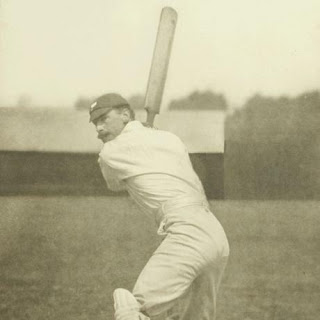Friday, October 12, 2012
Cricket's Rich Literary Vein
I didn't even realize cricket HAD a rich literary vein.
From a piece in the Millions...
The literary history of cricket, in turn, is a lesson in colonialism and post-colonialism. Cricket enthusiasts began building the sport’s narrative in the Victorian era—they wanted it to represent the idea of a near-fictional England, with an emphasis on the rural and the ancient, a construction that they exported to the farthest reaches of the British Empire. The sport was—and still is—imbued with a deep sense of morality. In 1909, Ford Madox Ford wrote, “‘playing cricket’ is synonymous with pursuing honourable courses.” “Not cricket” was code for unsportsmanlike and ungracious conduct; abroad, the same phrase evoked a sense of disorder that the colonizing British felt the need to conquer and set right, however misguided (and extraordinarily harmful) those impulses may have been. As cricket circumnavigated the globe, its narrative began to splinter and grow in different ways, but the idea of cricket as a gentlemen’s game remained. By the mid-twentieth century, cricket was being used as a metaphor and an argument for self-rule in the colonies. Trinidadian Marxist C.L.R. James’s Beyond the Boundary, equal parts memoir and treatise, is politics by cricket—and considered one of the greatest sports books of all time.
In the twenty-first century, these legacies remain.
Subscribe to:
Post Comments (Atom)


No comments:
Post a Comment